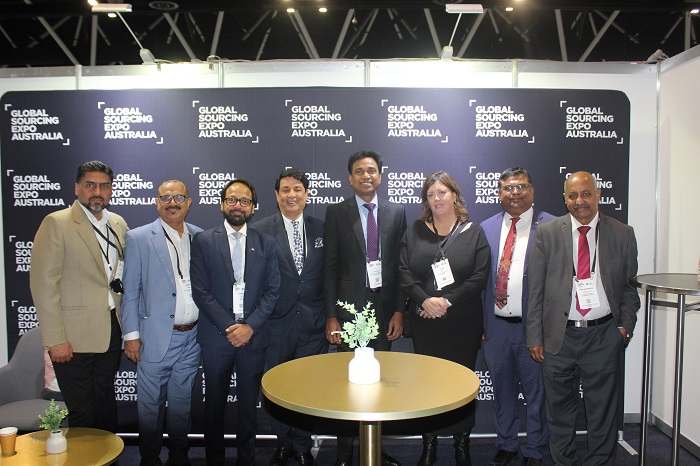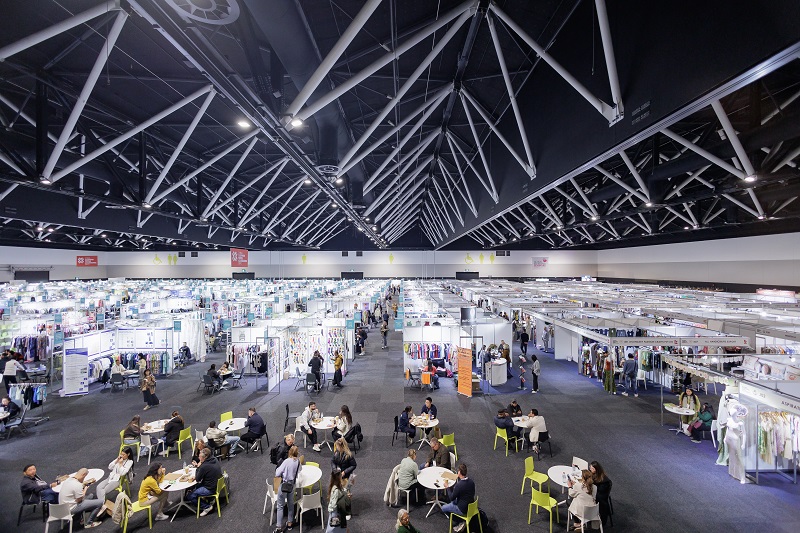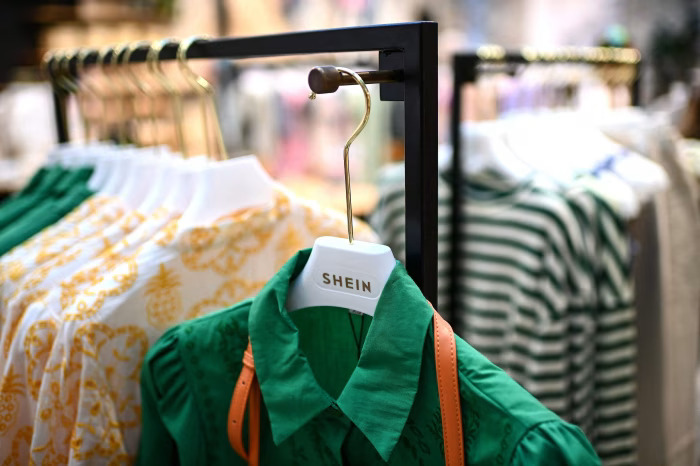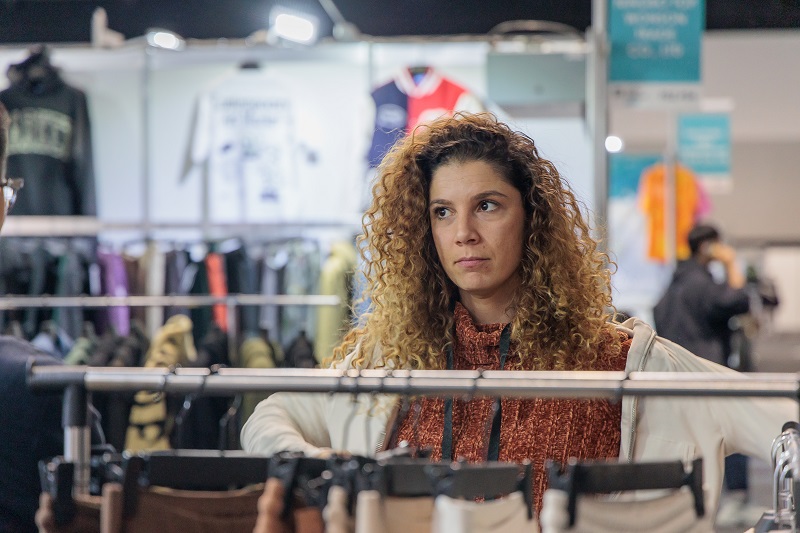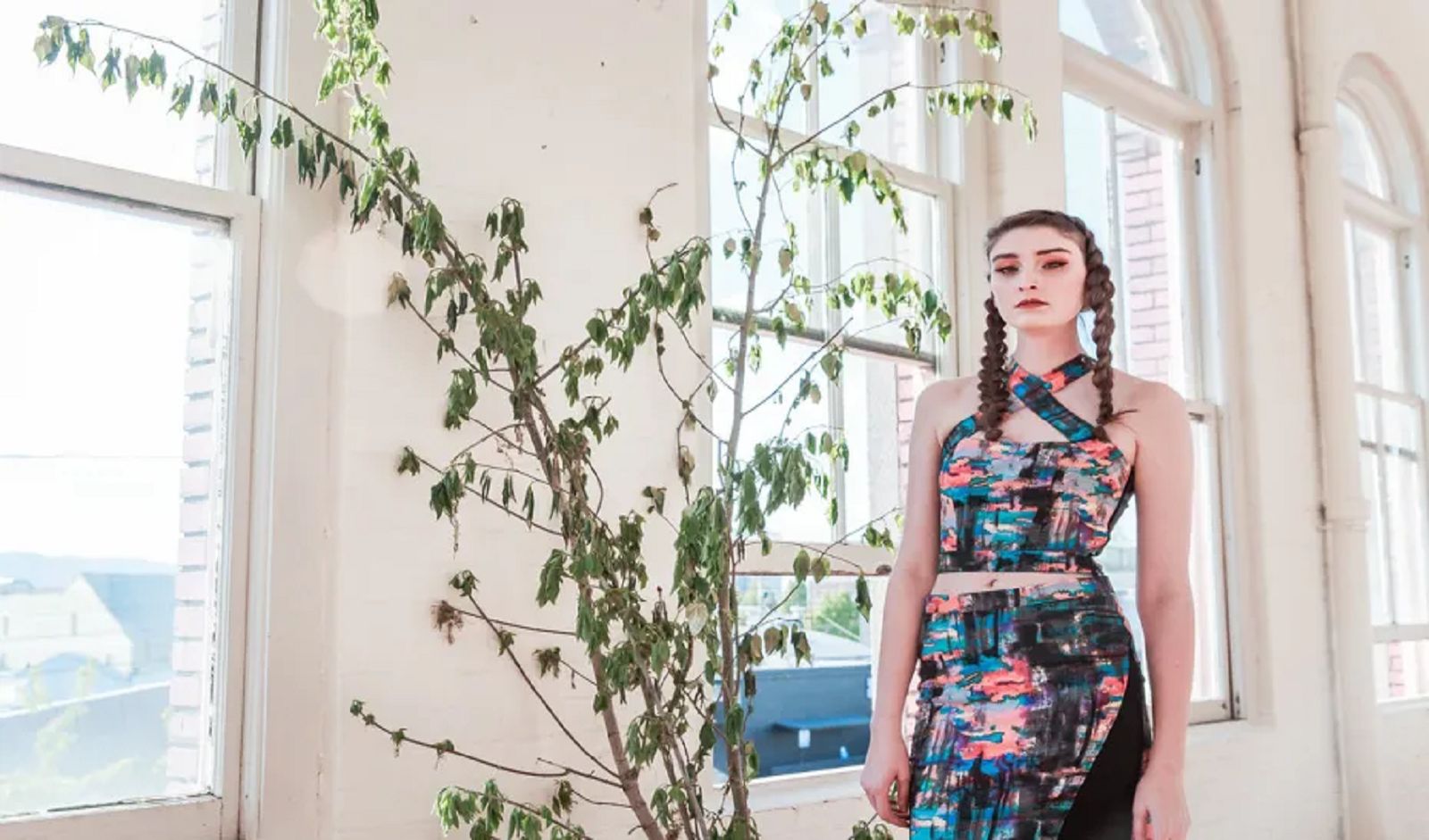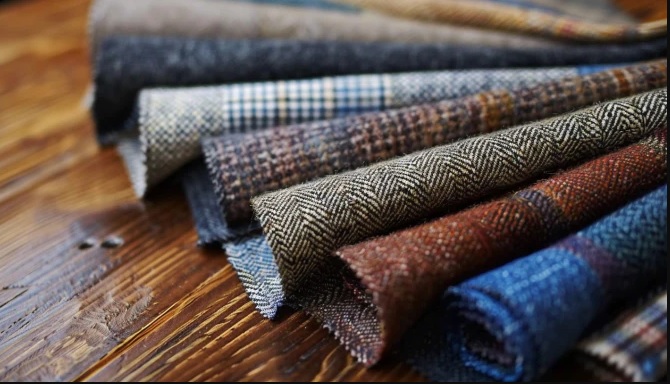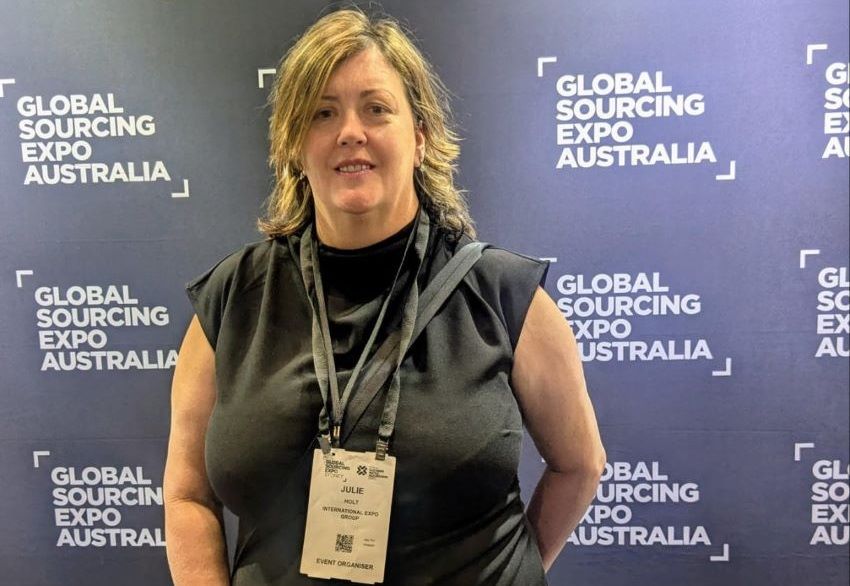FW
Students and Scholars Against Corporate Misbehavior (SACOM) has accused Japanese clothing giant Uniqlo, a part of the Fast Retailing Group for not acting against abusive working conditions and environmental pollution issues in its supplier factories in mainland China. The company despite acknowledging the said problems did not do anything to stop them, the labour rights groups in the country have said.
Four clothing factories manufacturing goods for the fashion chain were alleged to have abused workers by enforcing overtime work beyond legal limits, using toxic chemicals that harm the workers and pollute the environment and failing to pay for workers’ social insurance and housing fund premiums, according to Sophie Chen, project officer for SACOM.
In a report jointly conducted by SACOM and three other labour-related groups and issued in January, the factories were also alleged to have collected fines from workers who failed to meet certain job requirements and ignoring workplace safety.
In its response to the SACOM report, Uniqlo in its CSR report has said that it has increased monitoring of its textile suppliers, cut overtime working hours, and improved the working environment and management style since February.
www.uniqlo.com
sacom.hk
To get rid of the piled up cotton stocks of last year, the Trading Corporation of Pakistan (TCP) has announced a 10 percent advance tax exemption to woo buyers. The TCP’s move follows the Economic Co-ordination Committee’s (ECC) nod to retail the whole stockpiles on prices that Karachi Cotton Association (KCA) determines on a daily basis in a bid to offload the stored commodity without further delays and losses.
Buyers were earlier not keen to buy cotton stocks though TCP tried to offload the same due to 10 per cent advance tax on the procurement of cotton through tendering/auction process, which buyers had to pay. After continuous poor response in the tenders issued for the sale of cotton, the decision to retail sale of cotton on daily basis was taken at minimum KCA sport rate through commission agents. The TCP has also been asked to hire the services of commission agents through an open tender process as per the PPRA Rules.
As per the industry sources over the last three months, the TCP held around nine tenders for the sale of 95,400 cotton bales but was able to sell 10,800 cotton bales in two tenders, while remaining all were scrapped on technical grounds as the bidders/ buyers were not willing to pay 10 per cent advance tax on procurement of cotton through tendering/ auction process.
www.tcp.gov.pk
In a letter to its members, the Bangladesh Garment Manufacturers and Exporters Association (BGMEA) has said as per the rules under labour act RMG exporters would have to pay 0.3 per cent against total export to the workers’ welfare fund established by the government and financial assistance for the deceased and disabled workers and premiums of group insurance would be paid from the fund. For which biometric database of workers would be the important tool.
Following the tragic Rana Plaza building collapse in April 2013 that killed more than 1,100 people — mostly garment workers, the then BGMEA president, Atiqul Islam, had asked the BGMEA member factories to prepare a biometric database for their workers. Current BGMEA President Siddiqur Rahman has said that such database would be helpful to build a relationship between factory owners and workers as well identification of workers during crisis.
On May 20, 2013, he instructed factory owners at Ashulia in Dhaka to complete biometric database for their workers by August 30, 2013 that year but as of November 25 this year only 250 factories have enrolled names of their workers in the system. Factory owners need to be registered with the BGMEA paying fee for the biometric database. After the registration, IT experts working for the BGMEA will go to the respective factories for biometric capture of their workers.
According to the BGMEA letter, factory owners will have to pay from Tk 60,000 to Tk 1.95 lakh based on their manpower for completing biometric database at their factories.
www.bgmea.com.bd
Texprint’s third exhibition was held at the recently concluded Intertextile Shanghai Apparel Fabrics from October 13 to 15, 2015 sponsored by Messe Frankfurt (HK) and The Woolmark Company.
Designers Ciaran Moore and Jessica Leclere both exhibited at Intertextile, gaining an invaluable first experience of the Asian market. They were accompanied by Texprint representative Sarah Cheney. The stand was located in the new Verve for Design section of the textile fair. The signature print for the section was designed by Ciaran Moore and selected by Messe Frankfurt (HK).
The Woolmark Company funded space for Jessica Leclere, winner of the Woolmark Company Texprint Award, who showed her exciting and innovative knit collection. Examples of the work of other Texprint prize winners, including Emma McCluskey, Joanna Robins and Anja Alexandersdottir, were also displayed. Even three Texprint 2014 alumni designers – James Skinner, Jane Han Zhang and Tali Furman displayed their range at Intertextile Shanghai with their joint venture Fairbairn, Wolf and Skinner.
Texprint had support in Shanghai from two students, provided by Course Director Xi Chen of Zhejiang University, helping with interpreting. The exhibition received encouraging response from companies in Asia as well as Russia, Europe and North America. www.texprint.org.uk
A new research report published by Transparency Market Research suggests that the global cellulose fibres market is expected to grow at a CAGR of 9.80 per cent from 2012 to 2018. In the report, titled “Cellulose Fibres Market - Global Industry Analysis, Size Share, Growth, Trends and Forecast, 2012 - 2018”, industry experts have brought in a fresh perspective on the dynamics governing this market.
According to the report, the global cellulose fibres market was valued at $12.6 billion in 2011 and is expected to reach $24.1 billion by 2018. This stupendous growth will largely be attributable to changing lifestyles that are demanding environmentally-friendly fabrics. The increasing demand from the textile industry for biodegradable and skin- and environment-friendly fabrics is the primary driving force for the global cellulose fibres market. In addition to this, demand from end-use industries that are trying to replace petrochemical fibres with cellulose fibres is also pushing the global cellulose fibres market towards success.
Despite the powerful market drivers, the global cellulose fibres market is being restrained by fluctuating wood pulp prices. This market is also being held back by tough regulatory issues related to environmental concerns. However, as the concept of manufacturing cellulose fibres by using renewable sources materialises, it will create a new opportunity for this market. The market is segmented on the basis of application and geography. The applications of cellulose fibres are seen in spun yarn, fabrics, clothing, and others such as sealants, tapes, and adhesives. Geographically, this market is divided into Europe, North America, Asia Pacific, and Rest of the World.
The biggest consumer of cellulose fibres is the clothing industry, which held a share of 60 per cent in 2011. Analysts predict this will also be the fastest growing segment in the forecast period, as regenerated forms of cellulose fibres such as tencel, rayon, lyocell, modal, corn fibres, viscose, and many others forms are extensively used in the clothing industry. This segment is estimated to grow at a CAGR of 7.60 per cent from 2012 to 2018. In terms of volume, the demand for cellulose fibres used in making spun yarn is calculated to reach a whopping 953.1 kilo tons by 2018, pacing ahead at a steady CAGR of 7.30 per cent from 2012 to 2018.
www.transparencymarketresearch.com/cellulose-fibers-market.html
Surat in Gujarat is one of the largest man-made fabric (MMF) industries in India and a leading supplier to the southern states. However, recent heavy rains and flood situation in the states of Andhra Pradesh and Tamil Nadu adversely impacted the business prospects since most of the orders getting cancelled.
The buyers in Tamil Nadu source saris and dress materials and other polyester fabrics for Pongal festival celebrated on January 14 in the southern states every year. The orders are placed after the end of Diwali festival. Industry estimates suggest that around 25 per cent of traders in MMF wholesale market from Surat supply fabrics, including saris and dress materials to the southern states of Tamil Nadu and Andhra Pradesh around October-November every year.
According to the Chairman of textile committee of Southern Gujarat Chamber of Commerce & Industry Devkishan Manghani, Chennai being lead importer of polyester fabrics from Surat, wholesale traders from the region were looking forward to their yearly business deals however heavy rains have made a negative impact leaving them worried about the business.
There are over 65,000 textile shops located in some 150-odd textile markets in Surat. The daily turnover of the textile goods is said to be around Rs 110 crores and weak demand from the southern states has led to a decline in pre-Diwali business of almost 35 per cent.
www.sgcci.in
The Trans-Pacific Partnership (TPP) among 12 countries led by the US, along with Canada, Mexico, Peru, Chile, Australia, and New Zealand, encompasses not only tariff reductions for trade in goods among members but also includes eliminating barriers to investments and services trade. TPP members account for 40 per cent of Thailand’s total trade and 45 per cent of foreign direct investments (FDI) annually. Thailand has free-trade agreements (FTAs) with most of the 12 countries except the US, Canada, and Mexico.
FDI from Canada and Mexico comprise less than 2 percent of Thailand’s total FDI annually and exports to Canada and Mexico account for less than 1 percent of. Thailand’s total exports come from the US, is 8 percent and direct investment in the country is 8 percent annually. The largest potential impact from TPP the agreement on Thailand is greater competition in the US market from TPP members.
As tariffs charged on Thai products will be higher than on those from TPP members, exporters are concerned that Thai exports to the US will be less price-attractive than similar products from member countries. When the TPP takes effect, there will probably be a negative effect on Thai exports of garments and certain agricultural products to the US. Currently, key garment exports from Thailand to the US, are charged tariff rates of 5.7 to 21.6 percent.
Businesses in Thailand have another concern the country will be a less attractive destination for FDI from US companies compared to Vietnam or Malaysia. This could deter some new investments from the US to member countries instead of Thailand as investment protection among TPP member countries will be stronger.
At the seasonal novelties of exhibitors presented at the Californian-inspired Trends Area of the last edition of Denim Première Vision, there was much contemplation on what’s trending during spring/summer 2017. The season will see vivid colours find their way back into collections while floral and tropical motifs in jeans too make a comeback. This is in contrast to the previous summer season dominated by dark shades and decent silhouettes. The key inspiration for 217 trends is the summer festivals and fashion lifestyle around.
Pastels will be in, with the colour intensity of the jeans following pastel shades of light green, pink and blue embellished sometimes with interesting coatings. Patched jeans and denim vests in mid to dark blue hues are also likely to be a big thing, especially due to customisation and DIY possibilities that the trend might offer to consumers.
Texturing will be in vogue and textile surfaces, fruit of geometrical shapes, will all be in demand. Besides, it’s predicted that featherweight denims, with little shrinking, high shape recovery properties and a super soft touch will be in. These were present all over the fair as well. Floral and palm print jeans, degraded and blend jeans imitating the look of sea waves with different tonalities of blue is set to be a part of the denim collections as well.
Along with pastels, sprayed denims with a worn-out look and various earth tones, especially camel, will be prominent during spring/summer ’17. A new twist to distressed denim is to superimpose it over denim patches stitched under the garment with skin remaining out of sight and frayed edges on legs, sleeves and pocket rivets will be in trend.
Bangladesh Technical Education Board, the statutory authority for quality assurance and certification for Technical and Vocational Education and Training has accredited the Centre of Excellence for Bangladesh Apparel Industry (CEBAI) as a Registered Training Organization (RTO). Swedish retailer H&M, the Swedish government, the Bangladesh Garment Manufacturers and Exporters Association (BGMEA), the ILO, in a joint effort established the CEBAI late last year. Its role is to improve the quality of work and productivity in RMG factories and enable workers to have their skills formally recognised through implementation of certified training within the national skills development policy (NSDP) of Bangladesh.
ILO County Director for Bangladesh, Srinivas Reddy said ILO considers CEBAI as an important new institution driven by the industry to play a valuable role in meeting the changing needs of Bangladesh RMG sector as it seeks to move up the value chain. However, at the same time it helps RMG workers, particularly women, improve their skills, incomes and gain skills certification, he added.
The National Technical and Vocational Qualification Framework (NTVQF), which is based on competency based training methodology, would be the base CEBAI’s training courses, because of the RTO certification. Besides, instructors, industry trainers and assessors will be trained and get certification through CEBAI. Also, women will benefit the most and there is a target of 5 percent for those with disabilities too, benefitting them as well.
At ITMA Milan 2015. Stäubli offered an important product portfolio to weavers. Weavers can orchestrate the creation of the highest-quality textiles for a wide range of applications through this portfolio. Stäubli showcased a selection of its most modern products from its range of textile machinery, which included cam motions, dobbies, electronic Jacquard machines with harnesses, weaving preparation systems with automatic warp drawing in, and warp-tying machines.
Stäubli presented a new weaving system along with recently developed and exclusive carpet samples produced on the ALPHA 400 and 500 carpet weaving machines, with its business unit ‘Schönherr carpet systems’. In a separate booth, it also exhibited its DEIMO knitting solutions that had state-of-the-art electronic drives and control solutions predominantly for textile machines, including weaving and knitting applications.
A variety of Jacquard fabrics is being produced by Stäubli this year on three weaving machines. It demonstrated the production of African damask, a high-quality Jacquard fabric made of 100 percent cotton, on the world’s most modern Jacquard machine, the new type SX, operating at a rate of over 1,000 weft insertions per minute.
A revolutionary machine invented by Stäubli many years ago, the rotary dobby has been developed further. There’s a new locking system, which features enhanced security for the selection of the heald frames, allowing higher running speeds and superior reliability.
Moreover, to meet the latest requirements of modern weaving machines, Stäubli’s range of cam motions has been further developed and the complete line now has the types that are equipped with a high-performance cam-and-lever assembly and a broad range of symmetrical and asymmetrical cams. Besides this, Stäubli is also known to provide original spare parts and an assortment of these were on display from every business area.


